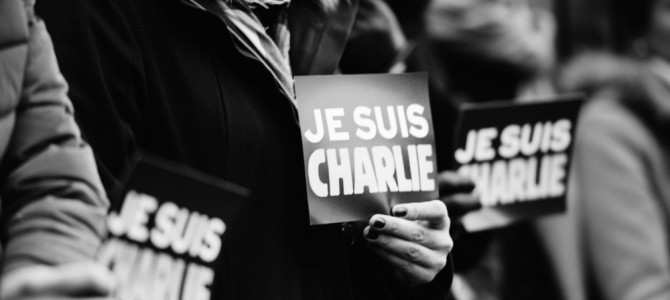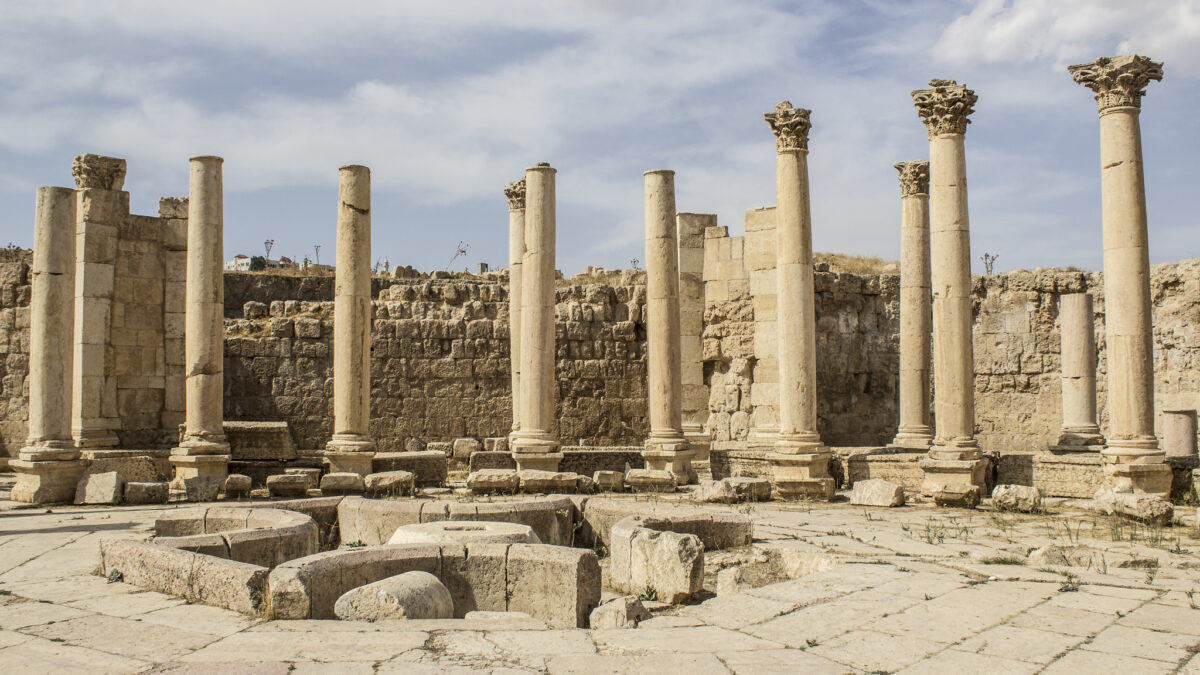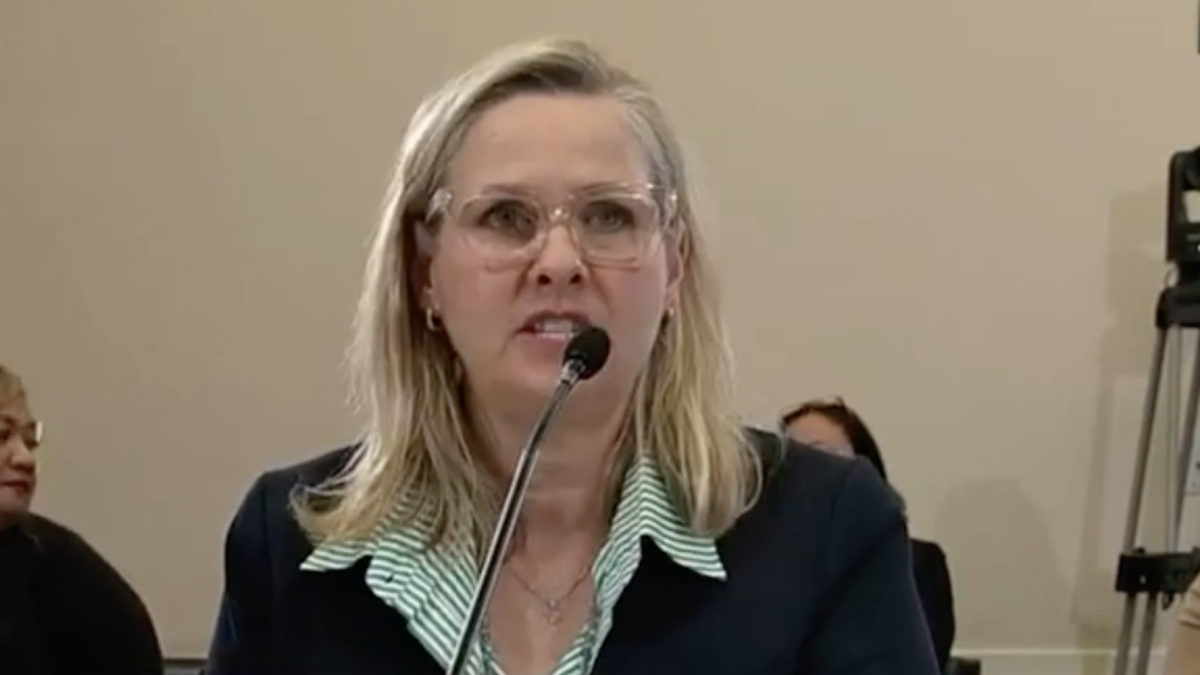
In a resounding victory for the enemies of free speech, Charlie Hebdo will no longer print images of the prophet Muhammad. The satirical French magazine, whose Paris office was attacked by Islamic terrorists in January, killing twelve, recently told a German magazine that it had “done its job.”
“We have drawn Muhammad to defend the principle that one can draw whatever they want,” said editor Laurent Sourisseau, who survived the January 7 massacre by playing dead after taking a bullet to the shoulder. “It is a bit strange, though: we are expected to exercise a freedom of expression that no one dares to.”
Criticize Charlie Hebdo, Sure, But Not Islamists
Indeed, Charlie Hebdo was one of the few publications anywhere that would print images of Muhammad. The venerable New York Times would not even reprint the Charlie Hebdo cartoons that prompted the attack, citing some pabulum about offending its Muslim readers (its Catholic readers, on the other hand, recently got to see an image of a portrait of Pope Benedict XVI made out of condoms in the pages of the paper).
For its trouble, Charlie Hedbo was condemned by certain craven elements on the Left, like the dozens of writers, including Joyce Carol Oates and Junot Díaz, who protested PEN America when it chose to honor Charlie Hebdo with its annual Freedom of Expression Courage Award. Garry Trudeau, creator of the Doonesbury cartoon, went so far as to denounce Charlie Hebdo for “hate speech” and for “punching downward, by attacking a powerless, disenfranchised minority with crude, vulgar drawings.”
Setting aside Trudeau’s condescension that the world’s 1.57 billion Muslims are all some amorphous, powerless minority, and his conceit that a tiny satirical magazine in France could ever “punch down” at the second-largest religious group in the world: the magazine did no such thing.
Rather, Charlie Hebdo’s purpose in lampooning Muhammad was to mock Islamic extremists, whose violent interpretation of their religion is responsible for oppression throughout the Muslim world—especially the oppression of those who are actually powerless and disenfranchised: women, gays, and anyone who opposes their local Islamic extremists.
Who Will Now Champion Free Speech?
That’s why Charlie Hebdo was so essential: it was one of the few publications willing to offend everyone, regardless of religion or creed, even under threat of violence. We shouldn’t blame the magazine for saying it’s had enough, just as we shouldn’t blame individual cartoonists or writers for having had enough. Back in April, Charlie Hebdo cartoonists Luz, who drew the magazine’s cover picture after the massacre featuring Mohammad holding a sign saying “Je Suis Charlie” under the words “All is forgiven,” said he would no longer draw Muhammad. “It no longer interests me,” he said.
That’s fair. They have suffered enough. A dozen of their best gave their last full measure of devotion to the principle of free speech. Let them rest. However, that means the rest of us need to step up.
In May, a group in Texas did just that, hosting a Prophet Muhammad cartoon contest that was the target of a failed attack by two gunmen acting in the name of the Islamic State (both were killed). The event, organized by the American Freedom Defense Initiative, was staged in honor of Charlie Hebdo. Jean-Baptiste Thoret, the magazine’s film critic who accepted the PEN award, said it was “nonsense” to compare the group to Charlie Hebdo. But, he added: “Maybe there is just one thing in common: You can’t mess with Texas, you can’t mess with Charlie Hebdo.”
If We Cower, Terrorism Wins
Alas, you can. “The terrorists did not win,” Luz said back in April. “They will have won if the whole of France continues to be scared.” At the time, he was accusing the far-right National Front of trying to stir up fear and outrage in the wake of the attacks, but his question takes on a new urgency in light of the magazine’s decision not to publish any more cartoons of Muhammad. Have the terrorists won? To paraphrase Luz, they will have won if the whole of France continues to be scared of criticizing Islam and publishing images of Muhammad. For now, it seem this is indeed the case.
In the wake of the January massacre, Parisians took to the streets with signs proclaiming, “Je Suis Charlie” (I am Charlie)—a show of solidarity that prompted similar expressions across the globe. So much for all that. The magazine’s decision, while understandable, is nevertheless a vindication of the Heckler’s Veto—or in this case the Terrorist’s Veto, which has silenced the one publication in all of Europe that was willing to defy Islamic extremists for the sake of free speech.
It seems clear, now, that France’s slogan after the massacre should have been “J’étais Charlie”—I was Charlie. But no more. Charlie is dead, and “J’étais Charlie” has become the epitaph of Europe. And if America’s progressive elites at places like The New York Times and in the upper echelons of the literary world have their way, it will eventually be our epitaph, too.









